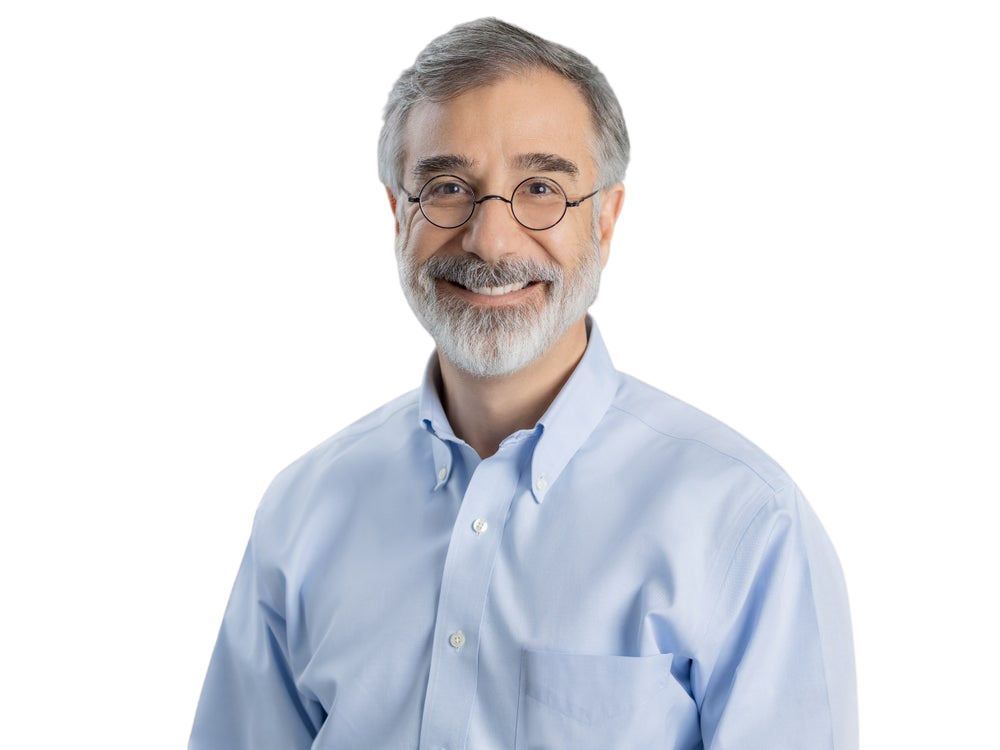Show Notes
"I always kept my lab at NCI, so I was always doing my research. But I was asked by him to lead the oncology critical path at the FDA, and I did that. I was doing that while also helping the King of Jordan develop the biotechnology strategy of Jordan and what it would take to move it forward."
In part three of our four-part series with Samir Khleif, Founder and CEO of Georgiamune, he reflects on a career-defining period at the intersection of government, research, and entrepreneurship. He shares what it was like to be tapped by FDA Commissioner Andy von Eschenbach to lead oncology reform—while still running his NCI research lab and advising Jordan’s national biotech strategy.
Samir discusses the value of academic freedom, assembling a 120+ member task force to advance regulatory change, and the leadership lessons learned from building world-class teams—all leading to a breakthrough that inspired the founding of Georgiamune.
Key topics covered this episode:
- How he spearheaded FDA oncology reform with 120+ experts
- What it took to balance government, research, and global biotech roles
- Why academic freedom can accelerate innovation
- How to attract and lead top-performing teams
- How a breakthrough discovery became the foundation for Georgiamune
If you enjoy The Biotech Startups Podcast, please consider subscribing, leaving a review, or sharing it with your friends. Thanks for listening.
Prefer video? Watch the full episode on YouTube:
Resources & Articles
- Oncology Critical Path Initiative at the FDA: https://www.fda.gov/science-research/science-and-research-special-topics/critical-path-initiative
- Building a World-Class Cancer Center: https://www.ncbi.nlm.nih.gov/books/NBK584196/
- 2025 Trends in Biotech Venture Capital Funding https://www.excedr.com/blog/trends-in-biotech-venture-capital-funding
- Impact of Regulatory Environment on Life Sciences VC https://www.excedr.com/blog/impact-of-regulatory-environment-on-life-sciences-vc
Organizations & People
- NCI: https://www.cancer.gov/
- FDA: https://www.fda.gov/
- Andy von Eschenbach, MD: https://www.linkedin.com/in/andrew-von-eschenbach-m-d-9439ab10/




